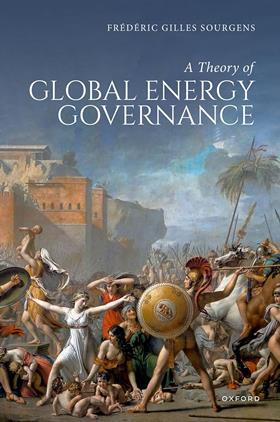A Theory of Global Energy Governance
Frédéric Sourgens
£125, Oxford University Press
★★★★✩
This book advances a conceptually ambitious and legally rich framework for understanding how international law can structure a more coherent and equitable global energy order. Rejecting the view of energy governance as a mere economic or geopolitical domain, it situates law at the centre of global regulatory dynamics, treating it as a constitutive force that both organises and constrains power across states, markets and institutions.
The analysis interlaces the different regimes of international law, arguing that their integration through normative principles such as equity could transform energy governance into a cooperative legal system.

Particularly significant is the focus on institutional mechanisms, including finance, dispute settlement and regulatory oversight, which are conceptualised as the building blocks of an evolving international rule of law. Yet, the book recognises the enduring tension between sovereignty and solidarity, underscoring the difficulty of enforcing shared obligations in a field dominated by state interest.
The book’s originality lies in reimagining energy governance as a normative legal order aimed at the common good rather than a series of ad hoc policy responses, offering a framework that could inform the governance of other transboundary resources.
For practitioners, it provides valuable guidance for designing fair and enforceable regulatory instruments, and understanding how legal institutions can balance state sovereignty with global sustainability objectives.
Simone Mamini is a doctoral researcher in Law and a visiting lecturer in maritime and international law at City St George’s, University of London































No comments yet